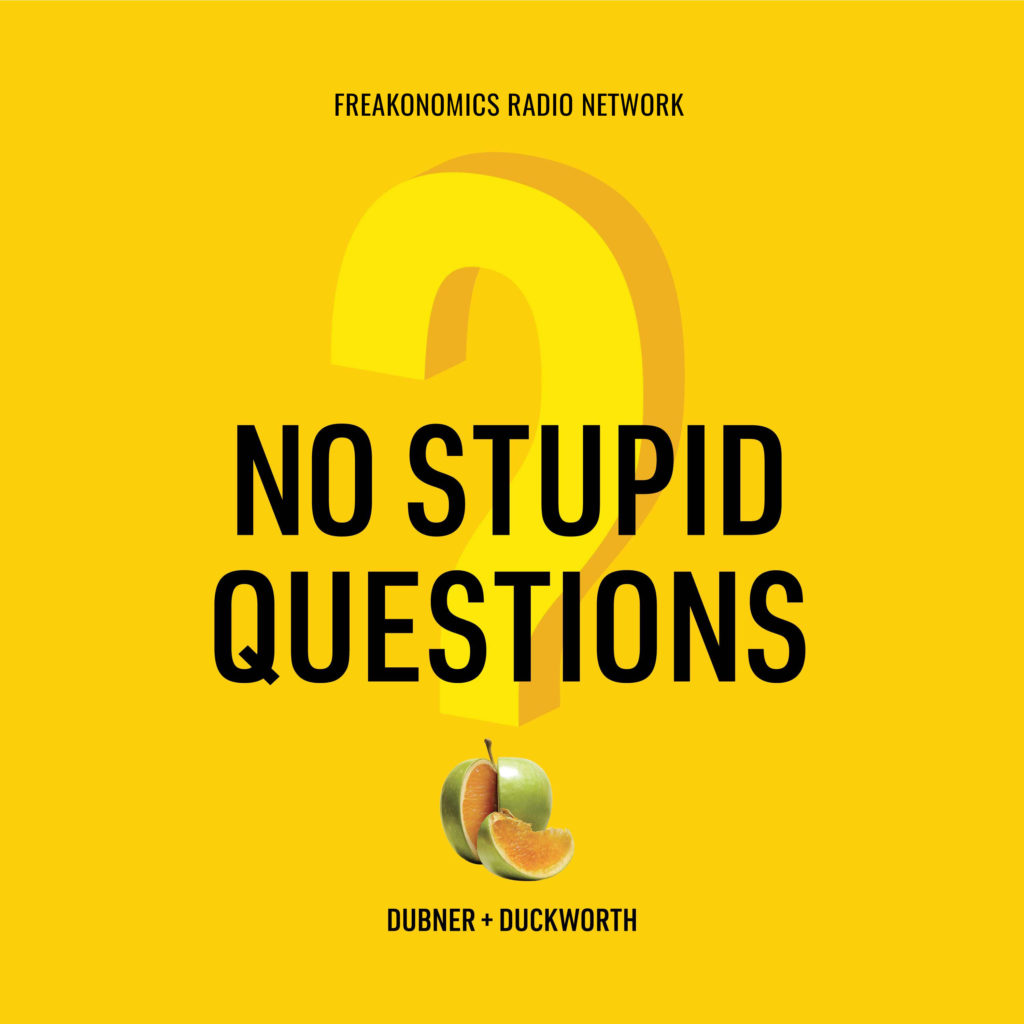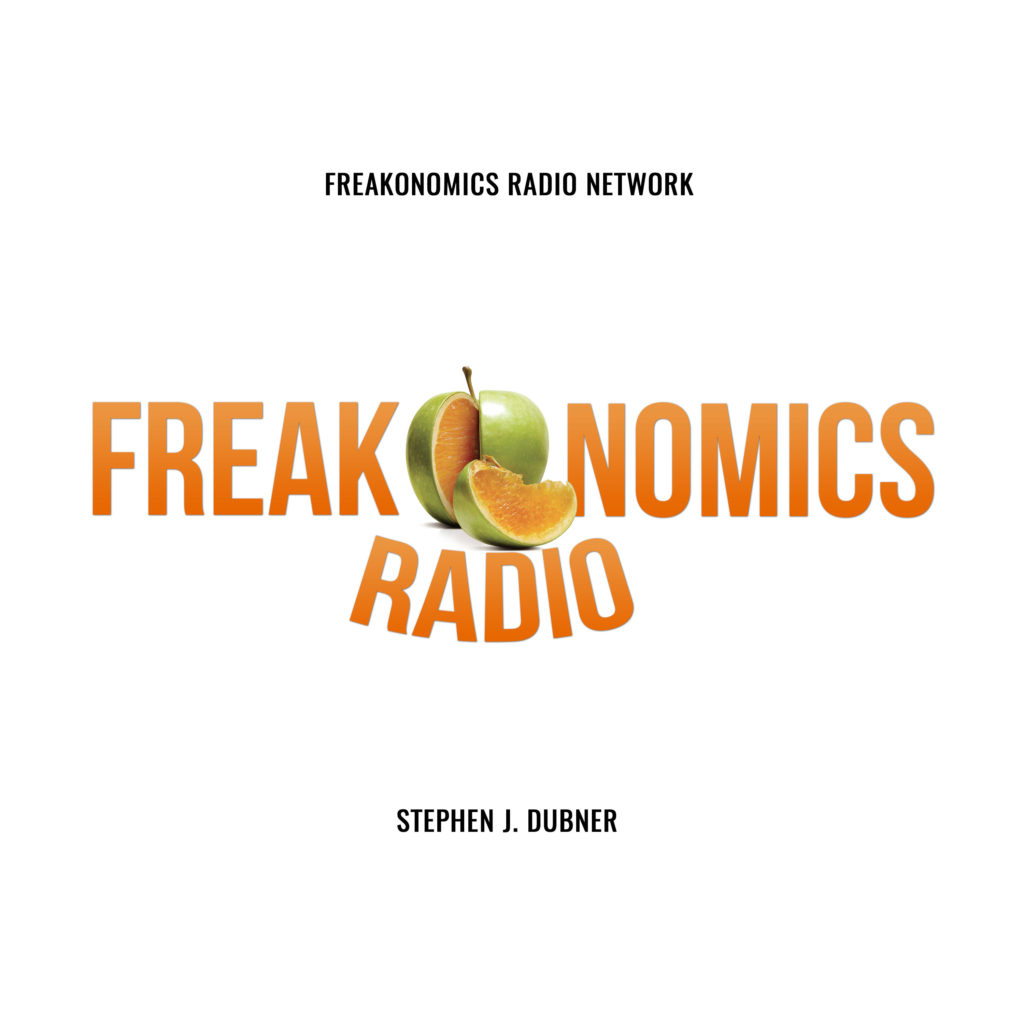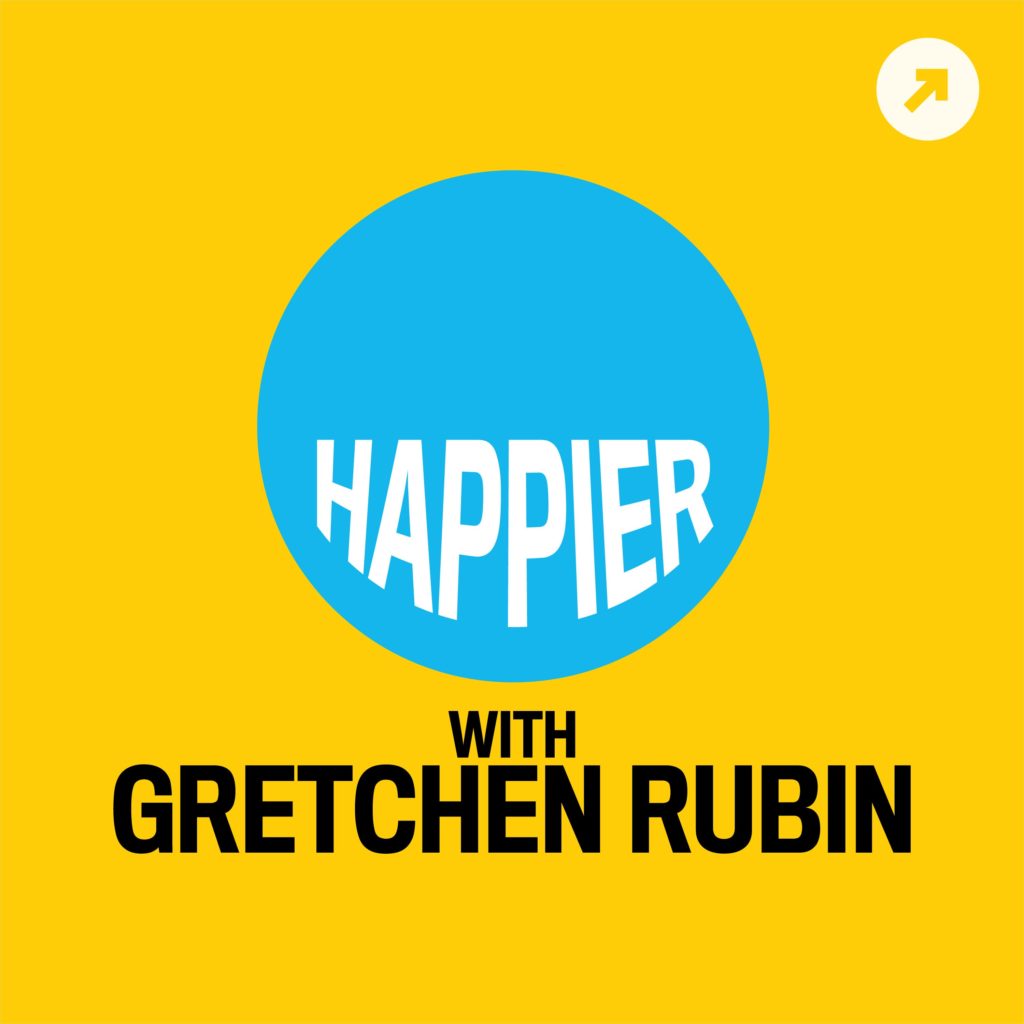Freakonomics’ ‘No Stupid Questions’ has the answers you didn’t want to admit you needed

There’s no such thing as a stupid question! Hosts Stephen Dubner and Angela Duckworth adhere to this fun rule when presenting material and entertaining inquiries on “No Stupid Questions.” It’s great to be inquisitive, because it’s how we learn and better understand the world. In the episodes, Stephen and Angela ask each other anything and often cover two questions per episode.
Stephen co-authored the Freakonomics book series and hosts “Freakonomics Radio.” Angela is a research psychologist who authored the book, Grit: The Power of Passion and Perseverance. She co-founded the non-profit, Character Lab, an organization to help children, and holds a series of faculty and academic positions.
Stephen and Angela alternate asking and responding to questions. Recent episodes provided advice for people being alone in public places. The hosts contemplated if it’s ever okay to lie. They’ll also explore questions such as: Why do we buy unnecessary items (and how do hoarders become hoarders)? Do dreams mean anything? Can we predict success? Why do we seek comfort in the familiar? The show tackles existential questions, too. Would our lives be different if you thought you’d live forever?
Laurie Santos from “The Happiness Lab” podcast spoke with Angela about how contagious human behavior is. Ever hang out with someone who speaks differently than you and then pick up their vocal cadences? This kept happening for a listener who asked the show about this form of mimicry in our multi-cultural environments. Angela and Laurie said this happened to them both when studying abroad. They unconsciously picked up a British accent, nuances, and expressions. The question also asked why this adaptive behavior happens to some people more than others, and if it is possible to avoid altogether.
This episode delved into behavioral contagion, which is also seen with animals. Another research theory cited is the chameleon effect, where in a group, people will copy each others’ behavior. In a study, participants at a college were interviewed by someone from the administration. The interviewer occasionally did strange movements, like pat their forehead. As the subjects were interviewed, the interviewee mimicked the interviewer. This research found that people were more prone to copy the behavior of someone in a higher position than them, like a dean.
Behavioral contagion takes a dark turn when it leads to unethical behavior in some contexts — cheating, lying, stealing, and violence. A study at Duke University brought students in to take an “impossible” math test. The subjects were more likely to cheat if they saw others cheating who appeared from their same group, looked around the same age, and so forth. For example, the researchers planted someone in a Duke sweatshirt, and recognized the students paid more attention to and copied that person’s test taking behavior. They also spoke about mirror neurons and firings in the motor cortex as revealed in a 1990s study on monkeys’ and humans’ brains.
If you’d like to join the conversation and pose a question, you can email nsq@freakonomics.com. New episodes are posted weekly.








